About mutual credit
CCS exists to provide tools that help small business
groups and social enterprises implement Mutual Credit.
We create open-source software to help implement Mutual Credit practices…
but we also provide essential support tailored to each group’s unique needs.
We are not a software subscription program. We partner closely with each project we work with.
We bolster stable governance of the system and ensure its proper legality and best practices.
We bolster stable governance of the system and ensure its proper legality and best practices.
We are not a software subscription program. We partner closely with each project we work with.
Our Approach
1. Audit
We work to understand the group we are partnering with–its context, its needs, and its stakeholders.
2. Design
Along with the group, we design the tools and governance structures that will help them put Mutual Credit into action.
3. Implementation
We help the initial adoption stages run smoothly, clarifying the structures and processes as needed.
4. Provisioning
We continue iterating our services according to the development of each group’s needs.
5. Research
We observe stages, needs, and trends to develop best practices and share them.
6. Networking
Established networks can partner with each other to diversify their services and achieve critical mass.
We work primarily with small businesses, social enterprise networks, municipals and accountants
But we are delighted to hear from anyone interested in mutual credit!
We follow to the same principles that drive social enterprises & community organisations.
Mission
We work to understand the group we are partnering with – its context, its needs, and its stakeholders.
Vision
Along with the group, we design the tools and governance structures that will help them put Mutual Credit into action.
Values
We help the initial adoption stages run smoothly, clarifying the structures and processes as needed.
The Collaborators
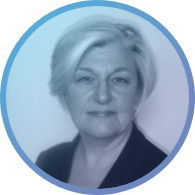
Sue Bell
Sue has a health and education background, working in management consultancy and organisational development for the NHS and the private sector. She ran Brixton LETS (local exchange trading system) from 2000-2004. She has since worked as a person-centred psychotherapist, and is now facilitating meetings and helping the group work together effectively to achieve our goals. suebell@lifejourneys.co.uk
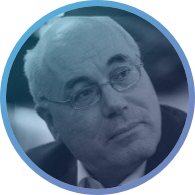
Chris Cook
Legal designer, developer and regulator of markets and enterprises for 3 decades, for 6 years as a director of the leading global energy exchange, responsible for legal design of the UK ‘Balancing Point’ natural gas futures contract & market. Since 1998 Chris has researched and developed innovative legal, accounting and technology platforms. Senior Research Fellow at the Inst. for Strategy, Resilience & Security at UCL. cjenscook@googlemail.com
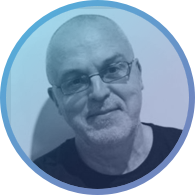
Dave Darby
Dave worked on environmental projects in Romania in the 1990s, and was founder of UK environmental organisation, Lowimpact.org, in 2001. He has been a director of the Ecological Land Co-op and was a co-founder of the Open Credit Network. He blogs about environmental issues and mutual credit. dave@lowimpact.org
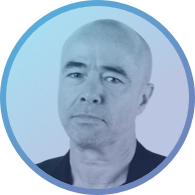
Shaun Fensom
Shaun is a freelance adviser on digital infrastructure strategy with over 30 years’ experience in digital and tech. Shaun has helped found a number of cooperatives including one of the UK’s first ISPs and CNI, which enables public and private sector organisations to share fibre networks. s.fensom@broadband.coop
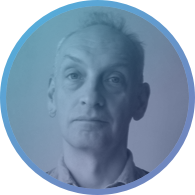
Dil Green
After a career as an architect and builder, Dil is now focused on the urgent need for social renovation, and convinced that digital tools designed to follow social needs offer a powerful support for development. Founder at the Open Credit Network. dil@dilgreen.net
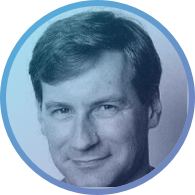
Peter Jones
One time tech: code; data and process design; project manager. Innovator, opportunity creator, troubleshooter. Currently working on: COVID-19 emergency business support and reskilling; mutual credit systems; cloud-based learning practice. Dad, husband, sporadic gardener. wakelet.com/@innov8tor3
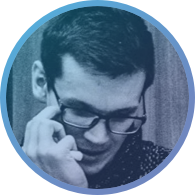
Jakub Lanc
Background in computer science and psychology, worked at Impact Hub / co-founded grassroots peer project focused on youth mental health. Immersed in commons and complementary currency since 2017, learning to develop on Holochain, preparing a P2P, Commons and Digital Identity course at Masaryk Uni, CZ, weaving strands together in a municipal context. LinkedIn
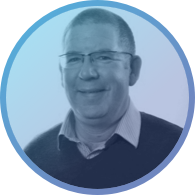
Martin Lawson
An electronics engineer by first degree, but a long-time generalist, with experience across general and corporate management, International NGOs, Middle East/North Africa, start-up, strategy, etc. Now works in the area of ‘profit with purpose’, doing consultancy type work for charities and social enterprises with Resonance. LinkedIn martin.lawson@resonance.ltd.uk
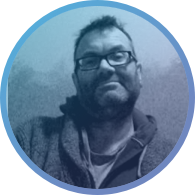
Graham Mitchell
Been working in/with/for cooperatives since the 80s. Set up a worker co-op, organised a community buyout. Currently working on a new social care cooperative, and a social/solidarity economy development organisation, alongside this, and doing paid work on CiviCRM implementation/support. LinkedIn. Twitter. Cooperative Networks. mc3. graham@mc3.coop
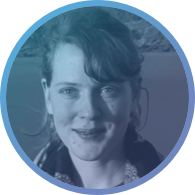
Sophie Paterson
Co-director at Lowimpact.org, also brings experience in project management and facilitation, most recently with the Dartington School for Social Entrepreneurs. Based in Devon, Sophie’s particular focus within the mutual credit collaboration is on social enterprise. sophie@lowimpact.org
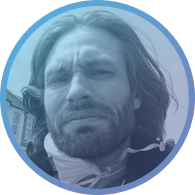
Chris Reay
Christopher is a lifelong entrepreneur supplying decision-critical business information @ C-Level to multinationals: product design; systems/software analysis; marketplace analysis. After building a successful blockchain and becoming disillusioned with the industry, Christopher has since been working on the protocols for more human-centric alternative currencies. support@christopherreay.com
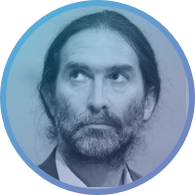
Matthew Slater
Has built and maintained open source community currency software since 2008. He coauthored the Money & Society Mooc with Prof Jem Bendell and the Credit Commons white paper with Tim Jenkin. Twitter. matslats@social.coop
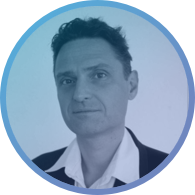
Viktor Vorski
Began as a software developer, moving onto team lead, project manager, product manager and into experience design. Recently focusing on helping distributed teams become more effective through applying future-of-work ideas such as agile-business, sociocracy, teal, DDO, etc. Since completing an MBA in 2004 he also does start-up consulting. Vorski.com
Partner Organisations




